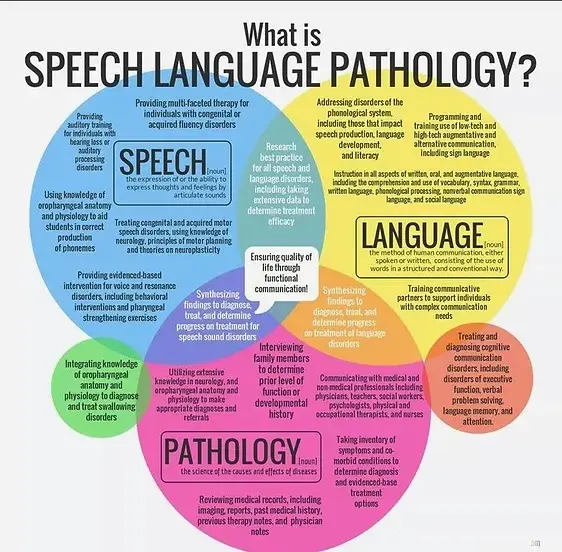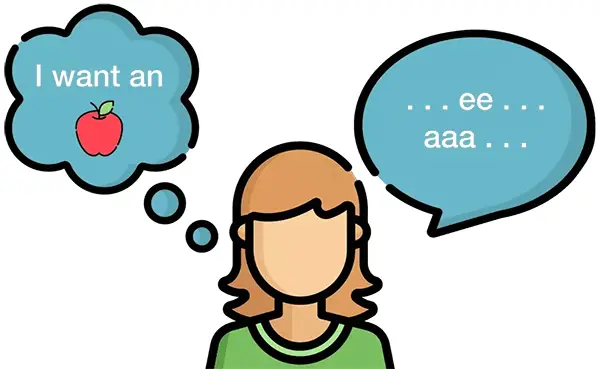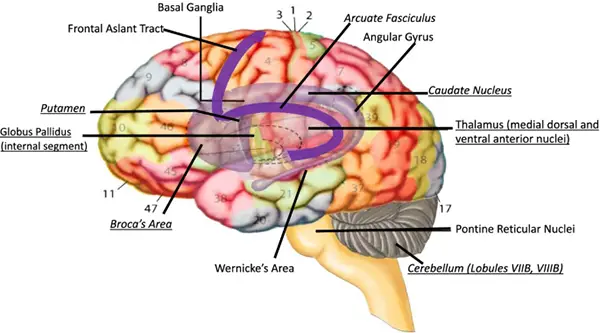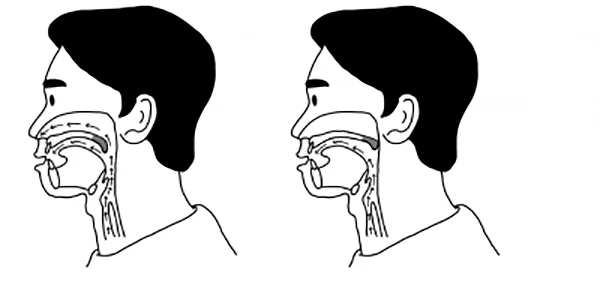
The way we speak creates a lasting impression on people. Today, adults are dealing with problems related to their speech because of various medical issues such as stuttering and swallowing difficulties.
Here, the role of an articulation pathologist is of utmost importance, as they help them to cope with it using speech therapy.
Over the years, speech pathology has been used to aid adults to enhance their communication skills. From restoring lost speech patterns to helping people with learning disabilities, utterance treatment enables every person to communicate better.
It brings a certain rhythm into play that provides healing to several people who wish to address their inhibitions by addressing them in public and remedying them.
In this article, we will delve into why adults need speech therapy and what techniques are used by speech pathologists to treat them.
What Is Speech Pathology?

Simply put, speech pathology can be best described as a branch of medical science aiming to diagnose, evaluate, and treat problems related to how we speak. The speech therapists also delve into issues that adults face with cognitive-communication, social communication, fluency, and voice difficulties across a wide age spectrum.
Also, many of these therapists train under leading institutions offering speech pathology programs online. Hence, they have in-depth know-how about the source of cognitive difficulties that people of different ages suffer from.
Apart from this, they also exercise ample compassion while treating their patients and provide the therapy that best caters to older people based on their current life and health conditions.
Ithaca College states that leading institutions offering speech training programs also provide online courses. It enables aspiring candidates to opt for the program along with other commitments that they have to address.
The course is designed in a way that candidates are trained to address any communicative issues people face and develop the best treatment routine.
On top of that, these pathologists work in cooperation with various other health professionals and medical experts to recognize and address the disabilities and developmental delays that affect an adult’s communication abilities. They also help people develop their social skills for academic success.
There have been instances where adults have lost their power to communicate fluently after cerebral palsy or any other brain injuries. Here, vocal therapists have played an essential role for them to restore their communication abilities.
Did You Know?
Studies by Bhattacharya N., Moris MA et al., and Hoffman HJ et al. have revealed that at least 17.9 million U.S. adults ages 18 or older, or 7.6%, report having had a problem with their voice in the past 12 months!
Why Do Adults Need Speech Therapy?
Trauma and specific incidents can make an adult lose their ability to speak fluently. That aside, there are various other reasons for which adults need the guidance of a speech pathologist.
A few crucial ones include:
Swallowing Issues
Are you facing any issues with your capacity to swallow? Do you feel that there is something stuck inside your throat after you’ve completed a meal? If so, chances are you have dysphagia, which is a swallowing disorder. And if you don’t get this treated, it can cause dehydration, malnutrition, and even aspiration pneumonia.
Adults facing this issue often turn to speech therapy as a remedy. With recurrent sessions, the therapist can work towards straightening the esophagus and oral muscles, which leads to comfortable swallowing.
Aphasia

Adults can suffer from traumatic brain injury after an accident. When that happens, they can also develop aphasia. It can be best defined as a neurogenic language or speech disorder that is an after-effect of a brain injury.
People who suffer from this condition might have communication and comprehension problems. They might also face trouble in writing or reading.
One of the best ways to treat this ailment is vocal pathology. The therapist suggests sessions to chart the progress of the patient and monitor the therapy module accordingly.

Fun Fact!
According to a survey conducted by the National Aphasia Association, 33.3% of people who are “aphasia aware” either have aphasia or know someone who does have it!
Stuttering

Do you have a problem with stuttering? It can either be present from birth, or you might develop a stutter as you grow up. Adults with this condition find it challenging to speak in public and might feel embarrassed as well.
The concern can be resolved by working with a speech therapist. They work by canceling blocks and managing the conversation pace of the patient. Other than correcting your utterance issue, it also helps to enhance your social skills. Beyond that, a speech therapist can also recommend ways in which a person suffering from this malady manages to express themselves in public.
Dysarthria

Any kind of cerebrum-related injury can also cause speech issues known as dysarthria. In this condition, the muscle that helps to form a word gets weakened, paralyzed, or even damaged. Therefore, the patient might face difficulties with managing their tongue or voice box, which causes slurred articulation.
Here, a speech pathologist can create a customized treatment plan for the adult that allows them to strengthen their tongue muscles and voice box. Repeated sessions also help to improve their quality of communication.
Resonance Disorder

Adults who suffer from resonance disorder face a speech sound imbalance that goes through their mouth and nose. This condition can be treated using breathing exercises that seek to correct the imbalance without causing any further discomfort.
This defect is caused by an obstruction, opening, or any irregular movement of the velopharyngeal port. The common types of disorders are mixed resonance, cul-de-sac, hyponasality, and hypernasality.
Did You Know?
The research conducted by the American Speech-Language-Hearing Association (ASHA) showed that the rate of young adults (aged 24–34 years) with voice disorders was estimated to be 6%!
Speech Therapy Techniques For Adults
There are several speech therapy techniques that a therapist uses for adults. It depends on the condition they are suffering from. Some common techniques used include:
- Articulation Therapy: This includes exercises and practicing specific sound patterns to correct these utterance issues. The process can comprise phonetic placement, drill repetition, and auditory training.
- Voice Therapy: Here, the treatment process can comprise resonant voice therapy, vocal hygiene training, and a few exercises for volume and pitch control.
- Fluency Techniques: The therapist with this treatment makes use of ‘controlled fluency’, ‘light articulatory contacts’, and ‘easy onset’ to help people who have a stuttering problem. It can help them to speak more fluently.
- Motor Speech Drills: Patients who suffer from apraxia can use repetitive verbal sequencing and movements to enhance motor planning.
- Oral Motor Exercises: With conditions such as dysarthria, such exercises can be useful in making the oral muscles strong.
Last but not least, there are breathing techniques that therapists use to enhance speech control and production.
In conclusion, adults can struggle with these issues for multiple reasons, which include injuries caused after an accident that stunt the capacity to speak fluently. It is never a good idea to leave this issue unattended and untreated, as it can aggravate other severe symptoms.
Therefore, getting in touch with a speech pathologist who has the necessary training and experience is essential to heal the problem.